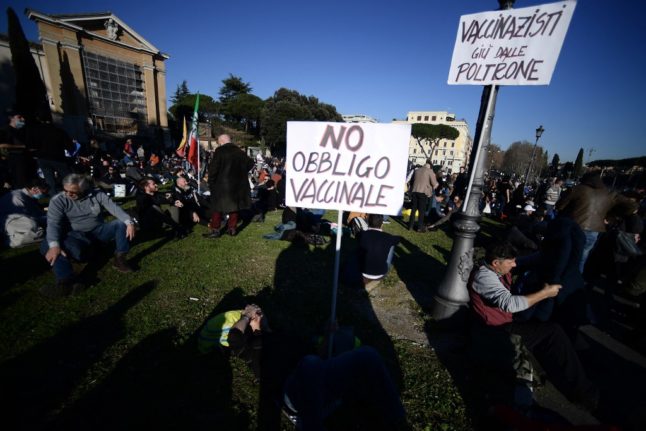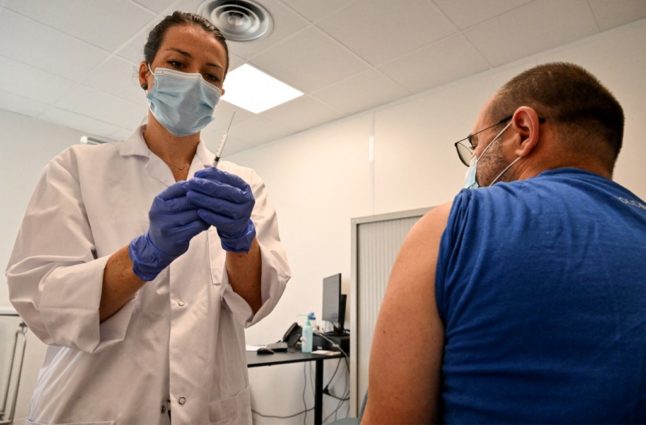Bavarian state premier Markus Söder (CSU) is fighting to increase the tempo of the state’s Covid vaccination drive, where the number of first doses administered lags behind the rest of Germany.
His key strategy for expediting the drive will be to drop the prioritisation of appointments in state vaccination centres from this week onwards, according to a recent report in Spiegel.
This will allow all over-18s in Bavaria to book a vaccine over the coming months, regardless of health condition, profession or age.
Following Health Secretary Jens Spahn’s decision to drop prioritisation for vaccine appointments from June 7th on a national level, Bavaria is one of the last states to hold onto its priority lists.
But now, with health experts warning that the highly infectious Delta variant could become the dominant variant of Covid in Germany by July, Söder and other state leaders are under pressure to get shots into arms as soon as possible.
On Monday, June 28th, Hamburg also dropped its priority system to allow all adults to book a Covid vaccine in vaccination centres, following on from its neighbouring state of Schleswig-Holstein, which was the third-last state to scrap prioritisation on June 16th.
READ ALSO:
- ‘Vaccinate quickly’: German states seeing surge in Delta variant Covid cases
- Germany to accelerate vaccinations as Delta variant spreads
70 percent of Bavarian residents to be jabbed by July 30th
According to Söder, by the time Bavarian schools break up for the summer holidays on July 30th, 70 percent of the Bavarian population should have had at least one shot, while more than half of the population should be fully vaccinated.
If he succeeds, the targets would represent a major about-turn on Bavaria’s current performance in the race to inoculate.
On Monday, June 28th, only around 50.9 percent of the state’s residents had received their first dose.
This figure is almost four percent less than the 54.6 percent who have currently been vaccinated nationally, and is trailed only by the eastern state of Saxony, where only 47.6 percent have received one dose of the vaccine.
However, the southern state fairs a little better on the number of completed vaccinations, with 35.2 percent of the population now considered to be fully immunised.
In addition to ditching the prioritisation at vaccine centres, Söder, who bid and failed to become the conservative chancellor candidate, also hopes that private companies will make a greater effort to inoculate their employees – a move that could help take the pressure off family doctors and state vaccination centres.
READ MORE: Merkel’s conservatives confirm Laschet for chancellor candidate as Söder concedes
According to Spiegel, he also wants Bavarian vaccination centres to remain open beyond September.
“We believe that it would be a mistake now to end an essential part of the vaccination strategy,” he said, adding that the capacity of the vaccination centers would probably need to be “somewhat reduced”.
While Söder is not opting to open up the vaccine offer to under-18s for the next few months, he did voice concern at the rapid spread of the Delta variant among school children and young people.
“Ignoring the Delta variant would be a huge mistake,” he said.




 Please whitelist us to continue reading.
Please whitelist us to continue reading.
Give oversight of the German vaccination programme to Britney Spears’s dad.